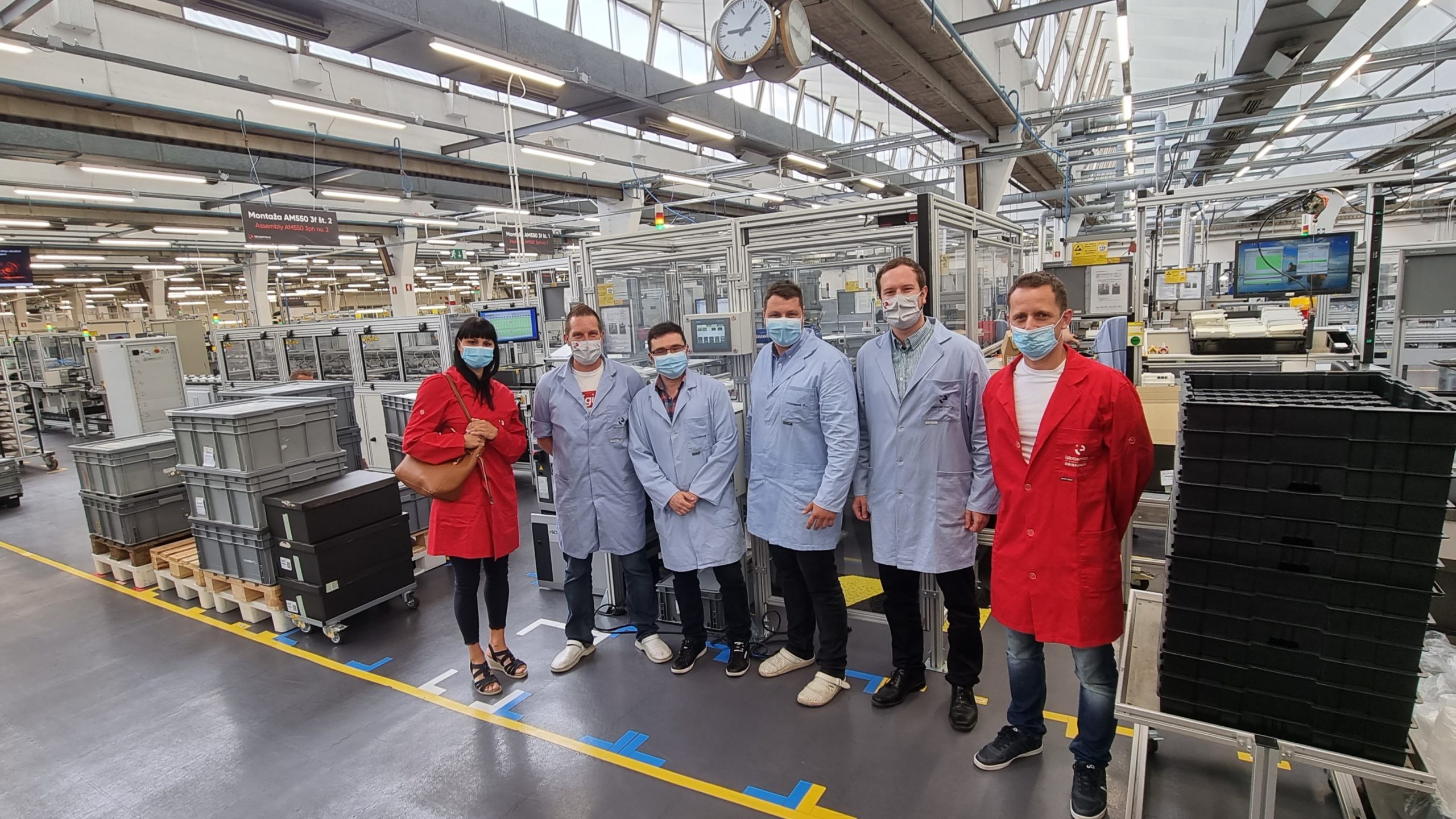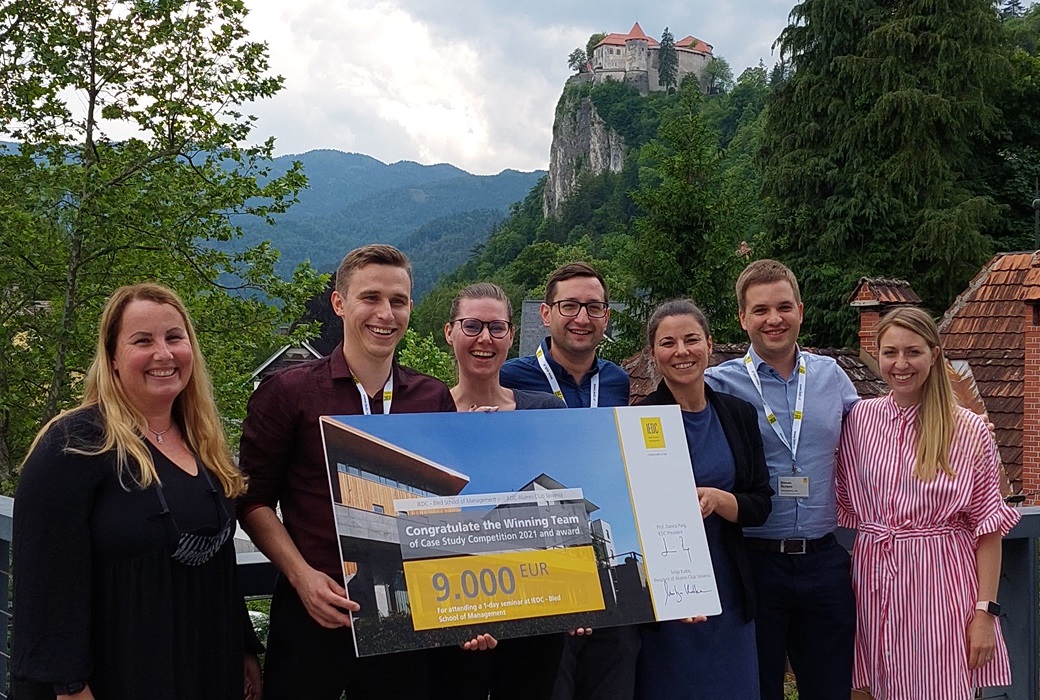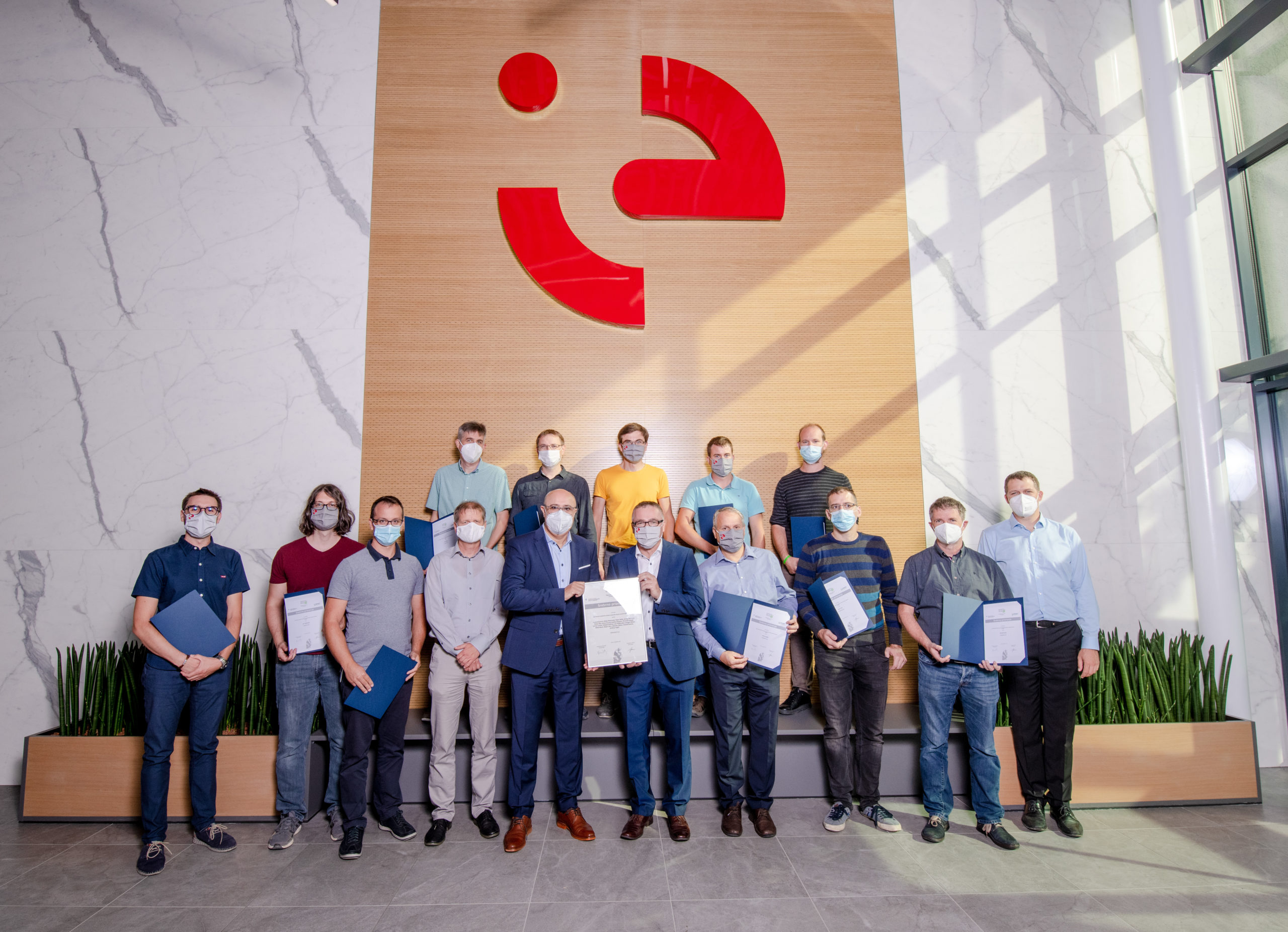Automation, robotics and the related digitization of production processes have recently taken an essential role in preserving and supporting local production plants. Determined to continue automating its manufacturing process, Iskraemeco is planning two new investment projects for this year.
“The steadily increasing number of robots employed requires close collaboration between our suppliers and Iskraemeco as the user of robotic applications. In this regard, it is essential that top-level interdisciplinary expertise, innovation and experience of the stakeholders are fully integrated in every robotics project,” said Nejc Gorinšek, Head of Manufacturing Engineering at Iskraemeco.
The transfer of knowledge from science to practice is of key importance for the progress and development of the industry and its employees. As is, continuous changes in the marketplace require all the stakeholders to be flexible, responsive and always ready to learn.
With this in mind, the company has started courses and workshops to help its employees smoothly transition into robotic manufacturing setups. Together with the Kranj School Centre, we have organized training in robotics theory and practice. The activities were carried out in the framework of the MUNERA 3 project, which is financed by the European Social Fund and the Slovenian Ministry of Education, Science and Sport.
Initially, participants got acquainted with different types of robots and robotic applications in manufacturing processes, which are intended to make work easier for people and minimize their workload of repetitive, physically demanding and tedious tasks. Having completed the practical part of the training, engineers were able to put their knowledge to practice and get some hands-on robot manipulation experience. At first, both the theoretical and practical sessions were held at the Kranj School Centre but in later stages, the activities also included robots used in our manufacturing process. We hope that the training will help the team eliminate any production bottlenecks and constraints more effectively and quickly.
The principal of the Vocational College of the Kranj School Centre, Lidija Grmek Zupanc, MSc, said she was pleased because “the transfer of knowledge from the academia to the industry and back creates value added for all the parties involved. Cooperation is particularly important when integrating good practice into the functioning of a company and into the learning processes. We want to continue this collaboration in the future both in the field of providing practical training for our students, addressing various theoretical and practical issues in students’ thesis, and offering exchange programs for foreign students and lecturers.”
On this occasion, we would like to express our gratitude for the outstanding organization and valuable help in the execution of the training to the representatives of the Kranj School Centre, in particular the principal Lidija Grmek Zupanc, training organizer Katarina Jagič, and lecturer Domen Kepic.



